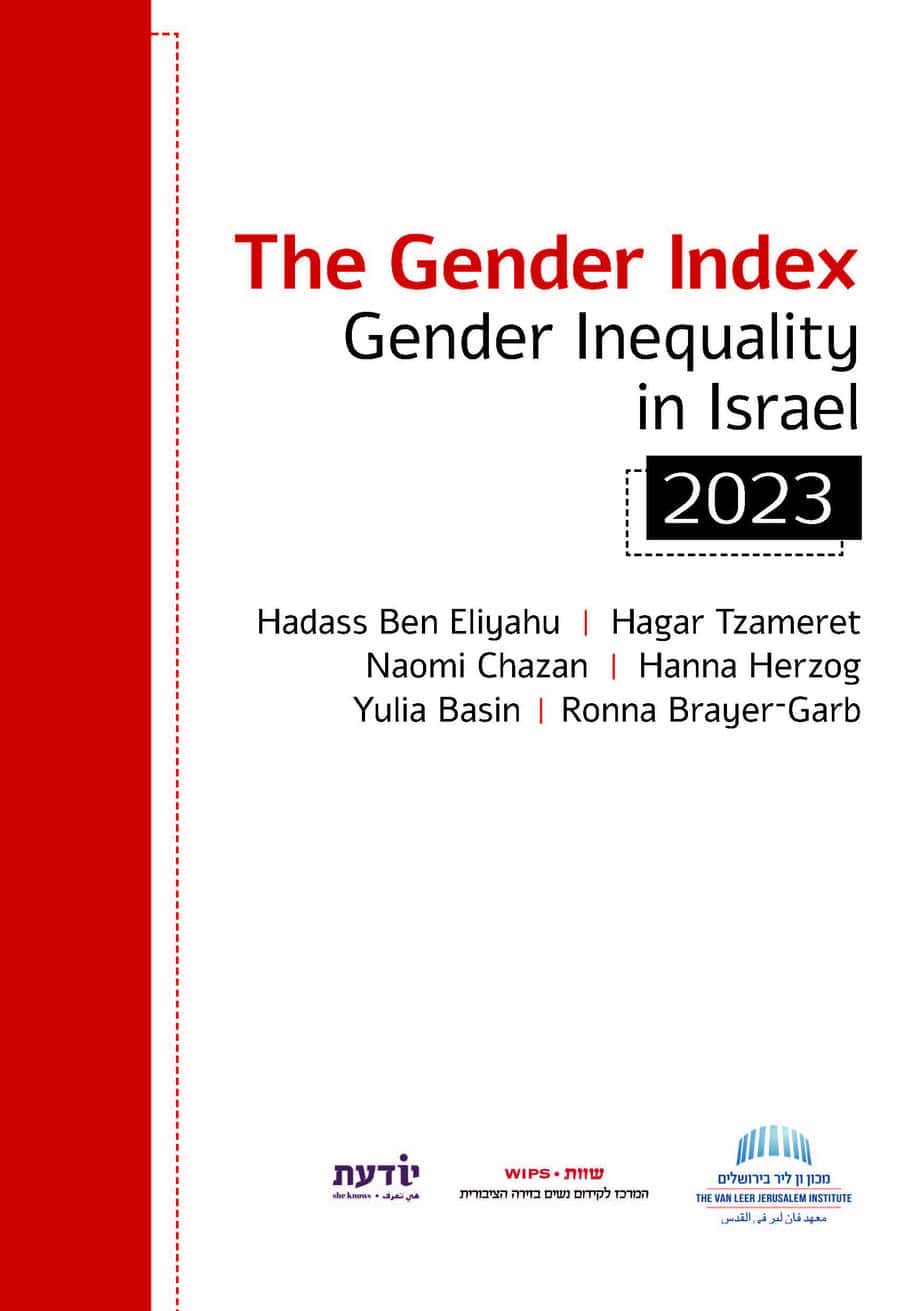The Impact of Regulation of the Water and Sewerage Corporations on Aspects of Price and Service
| By | Eyal Tevet, Gal Talit
|
| Publisher | Van Leer Institute Press |
| Language | Hebrew |
| Year of Publication | 2017 |
| Series | The Center for Social Justice and Democracy |
At the end of July 2017, it was reported that because of Italy’s water crisis the regional governor of the Lazio region, which includes the capital city of Rome, was considering restricting the supply of water and turning off the fountains. The crisis is due to severe drought and poor maintenance of the municipal water systems. To the Israeli reader, of course, this sounds familiar. More than twenty-five years ago, the Ministry of Infrastructure published regulations limiting the watering of gardens in Israel. Today, fortunately, there is no water shortage in Israel, and many countries admire our water sector and see it as a model to be imitated.
Following the enactment of the Water and Sewerage Corporations Law in 2001, the institutional structure of the water and sewerage system in Israel was changed. The municipal departments that had dealt with water and sewerage were closed and in their place water and sewerage corporations were established. This study considers one aspect of the water sector—municipal distribution and supply—and examines how regulating the water and sewerage corporations affects the price to the consumer and customer service. The study is aimed at policy makers, professionals, and anyone who wants to know how regulation of the water and sewerage sector in Israel is conducted and to understand its effect on the price and the quality of service.
We examine the structure of the regulation, the role of the regulator, the effect on the existing institutional structure, and the effect on the commercialization—that is, the growing dependence of individuals on the water sector in order to meet their needs. The study describes the various attempts to change the institutional structure of the water sector and to reduce its degree of commercialization. In conclusion, it offers several recommendations aimed at increasing the aggregate social welfare.




